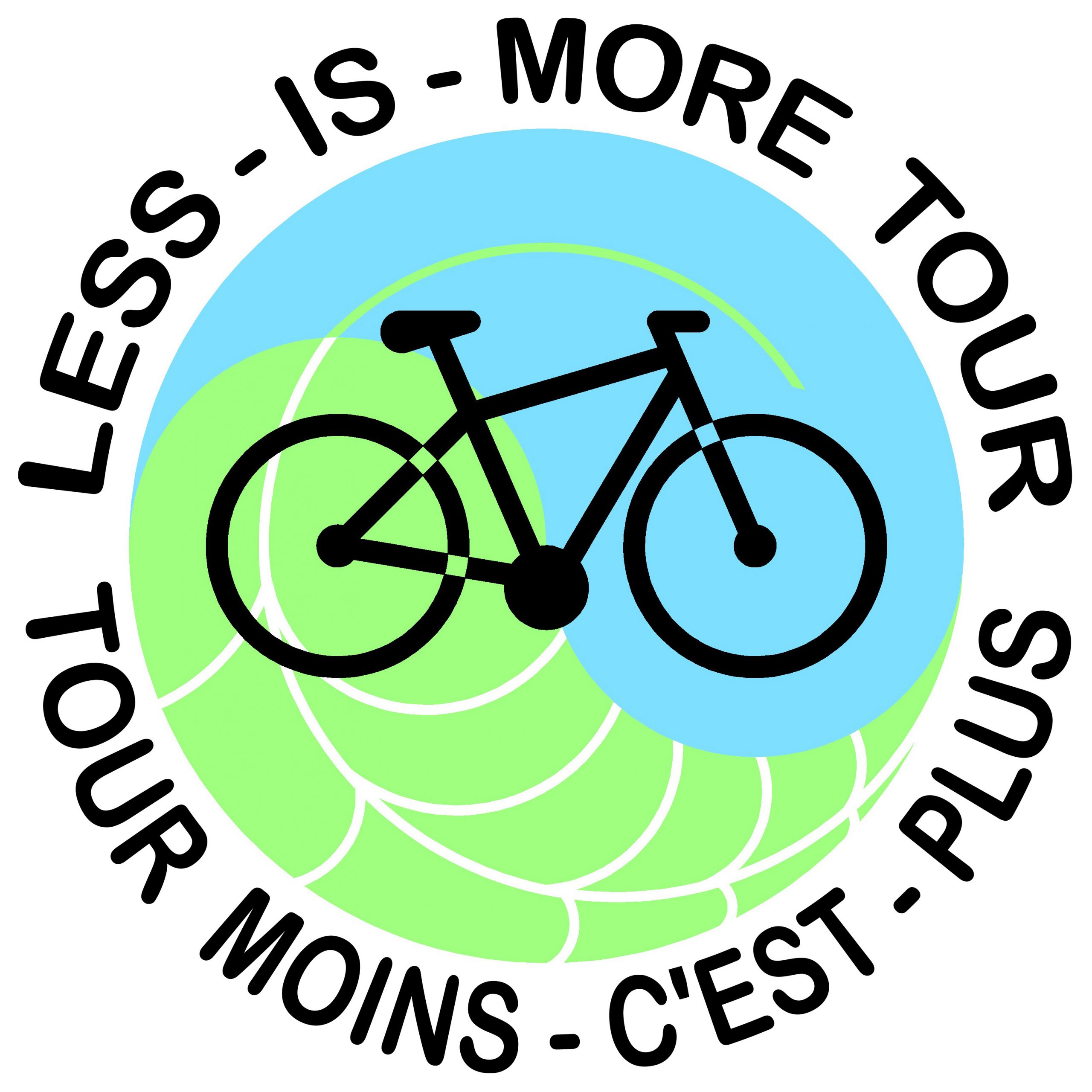The Rotary Club Starnberg has received for its project proposal one of the ‘District Environment Grant Plus’ awards donated by District Governor Christian Fey, now it’s up to us to make it come real.
What do we have planned? The project idea:
A series of lectures by bike through ten countries, avoiding air travel to contribute to climate protection. The lectures will cover the ways in which individuals can reduce their “carbon footprint” and will be entitled “Less is More Tour”. It’s not only for fundraising, but mostly awareness-raising.
On 3rd of July 2025, Nicolai Baehr, Past-President of the Rotary Club Starnberg (2024/2025), and Robert Cramer will start a journey from Rotary Club to Rotary Club, travelling from Germany via Austria and Switzerland to the Principality of Liechtenstein. They will then continue through France and Spain to Portugal, following the Camino de Santiago route. On their way back they will include UK, Belgium and the Netherlands. (The lecture series will be offered in German, Schwyzerdütsch, French and English).

2025 International Year of Glacier preservation of the United Nation and World Meteorlogic Organisation:
Based on scientific climate research, some basic data is provided. However, our presentation is not intended to be an exhaustive doctoral thesis on this topic, but rather to share our personal observations on climate change from the perspective of nature lovers. This is why we have planned our route along the Way of St James, taking us right up to the large glaciers, to demonstrate the rapid melting process.
The highest stages of the ‘Less – is – More Tour’ lead over the Furka Pass past the Rhone and Aletsch glaciers. The rapid loss of glacier ice due to global warming since industrialisation becomes extremely visible here and is part of the presentation. (Image use personally confirmed by (copyright) Jürgen Merz)



The goal is to raise awareness of the need to reduce our carbon footprint in everyday life and demonstrate how this can be achieved through practical examples.
Under the motto: ‘LESS IS MORE’
A term that was primarily coined in architecture by Mies van der Rohe, Director of the Bauhaus from 1930 to 1933. This should be our guiding principle for renouncing the use of CO2-intensive transport, such as flying and driving. The route of the ‘Less – is – More Tour’ is orientated along the Way of St. James.
The topics of the ‘Less-is-more-Tour’ lectures
Travelling by train instead of flying is particularly easy in Europe, as we have a dense network of rail connections. It is much easier to avoid flying in Europe than in the USA.
- Example of CO2 savings on the route:
- Munich – London (Consumption per person):
- Calculated with Prof. H.Huber and www.atmosfair.de
- by plane: 250kg CO2 duration = 2h
- by car: 230kg CO2 duration = 11h5min (without ferry)
- by train: 20kg CO2 duration = 8h45min
- by e-bike: 1,200 km = 6kg CO2 = 2 weeks
As an architect, I believe it is important to raise awareness of the construction industry’s contribution to CO2 emissions, which accounts for 40% of the total. Fifteen years ago, we designed the first eco-hotel in Nepal, at the foot of Everest. This project was recognised by UNESCO as an example of education for sustainable development. Unfortunately, the 2015 earthquake and the subsequent corona crisis have delayed its completion until today.
Along the way, we will visit examples of sustainable construction, such as the straw bale house in Dornbirn, clay buildings, and the conversion of historic buildings into holiday homes by FIB.ch. In summary, the ‘Less is More Tour’ project is a Rotarian campaign that actively demonstrates possibilities to protect the climate.
The planned timeframe for the Germany–Netherland cycle route is July–October 2025.
The speakers will cycle from Rotary club to Rotary club through ten countries along the Way of St James. Through their presentations, they will raise awareness of the need to change our behaviour with regard to transport, travel, consumption, construction and so on, by setting an example with regard to avoiding air travel within Europe and dedicating their cycle tour to sustainability.

